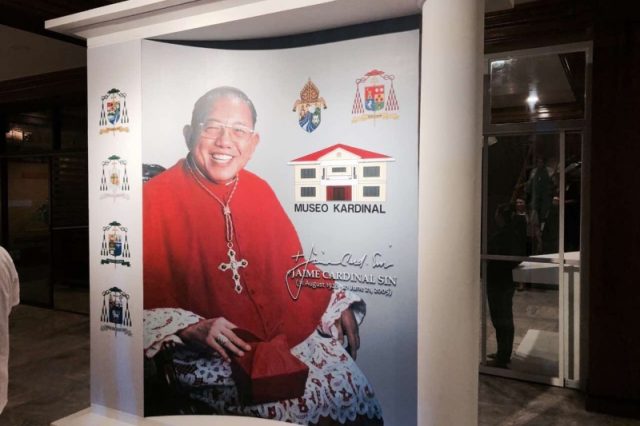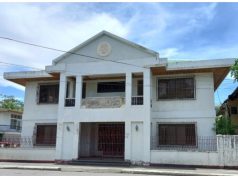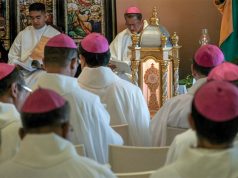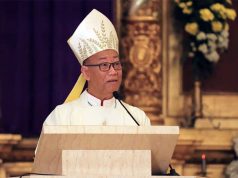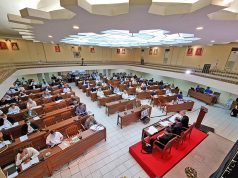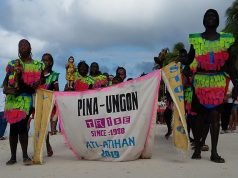The ancestral house of the late Manila Archbishop Jaime Cardinal Sin in New Washington in Aklan province on Panay island has been converted into a museum in honor of the influential religious leader who was instrumental in the 1986 people power revolt that toppled the Marcos dictatorship.
Now named “Museo Kardinal,” Sin’s house at the poblacion (town center) was formally inaugurated on August 31, the cardinal’s 96th death anniversary. It officially opens its doors today, September 1.
Leading the canonical blessing of the museum was Archbishop Victor Bendico of Capiz and Bishop Jose Corazon Tala-oc of Kalibo, under whose diocese the parish church of New Washington belongs.
In his address, Bishop Tala-oc cited Cardinal Sin as along the line of “shepherds” sent by God to guide the people, as prophecied by Jeremiah (3:15) in the Old Testament: “Then I will give you shepherds after my own heart, who will lead you with knowledge and understanding.
Museo Kardinal provides intimate glimpses into Cardinal Sin’s early years, including the large dining hall where he ate his favorite Visayan dishes.
It also traces his rise from being a simple clergyman in Panay to becoming archbishop of Jaro in Iloilo province.
In 1974, Sin was appointed archbishop of Manila by Pope Paul VI. In 1976, at just 48 years old, he was made a cardinal, becoming the youngest in the world.
Museo Kardinal exhibits important memorabilia such as the bishop’s mitres and pectoral crosses used by Sin.
A great part of the first floor has been converted into a chapel in honor of St Pope John Paul II, whose two apostolic visits to the Philippines in 1981 and 1995 were hosted by the cardinal.
A coffee-shop and a souvenir shop are also on the first floor.
Fr Justi More, chancellor of the Kalibo diocese and head of the Museo Kardinal organizing committee, said the museum should bolster the “pride of place” of Aklanons and other Panayenos while strengthening the Catholic faith of all Filipinos. — Lito Zulueta

